Hiking and trekking solo can be risky if you don’t possess adequate navigation skills and knowledge of the terrain.
Stay safe while trekking, never wander off the trail, and carry a map and compass. While solo traveling can be an enriching experience, it is not always a smooth ride. It comes with its own set of unique challenges that may dampen your spirit.
Paying for everything alone, navigating unfamiliar territories, and eating alone are some difficulties problems do solo travellers face. We share seven common solo travel problems and how to avoid them. We also provide tips and tricks to make your solo travels exciting, hassle-free, and memorable. Join us as we help you deal with solo travel challenges and make the most out of your adventures.
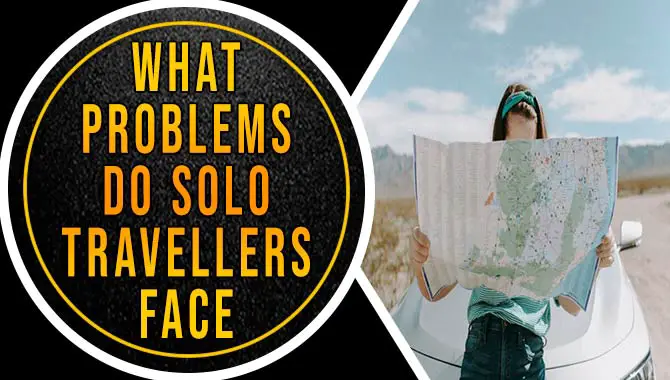
7 Problems To Solo Travelers Face & How To Avoid Them
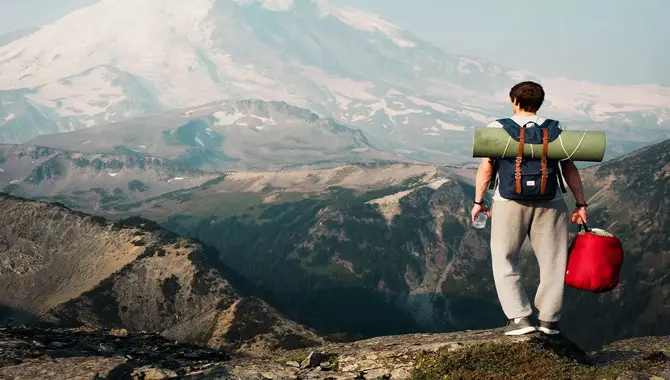
Solo traveling can be incredibly rewarding, but it’s not challenging. Here are some of the most common problems solo travelers face and tips on avoiding them. Solo travelers are often more vulnerable to dangerous situations such as robbery and rape. To avoid this, be aware of your surroundings and avoid walking alone at night.
Getting permission to travel from family members who worry about your safety can also be challenging. Communicate with your loved ones and provide them with a detailed itinerary to alleviate their concerns. Another problem solo travelers encounter is the single supplement, which can make travel prohibitively expensive. To avoid this, opt for hostels or campsites instead of hotels.
One of the most crucial tips for solo travelers is to conduct in-depth research before traveling. This will give you a better understand of your destination’s culture, customs, and laws. Remember these tips to enjoy your solo travel experience to the fullest.
1. You Have To Pay For Everything
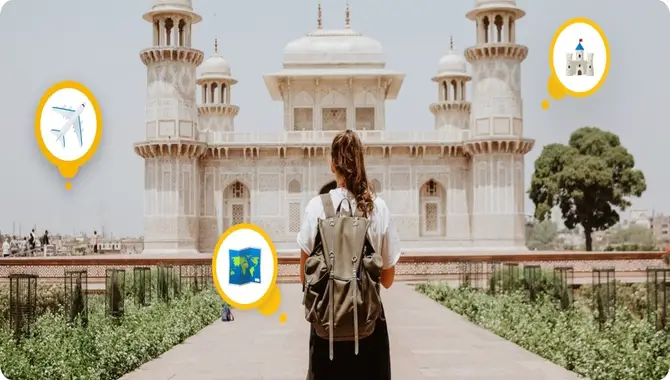
One of the biggest challenges for solo travelers is the cost associated with it. As a solo traveler, you will be responsible for covering all expenses, including hotels, meals, drinks, and any other expenses that arise during your trip. Accommodation, in particular, can be a significant expense, as many hotels charge higher rates for single occupancy rooms.
Private transportation and certain types of accommodation can also be more expensive for a solo traveler, as you are not splitting the cost with someone else. This can add up quickly and make solo travel cost-prohibitive for some people. Additionally, single travelers may have to pay higher prices for meals and other services, as many establishments do not offer discounts for solo diners.
To avoid these financial challenges, solo travelers can consider staying in hostels or shared accommodations to cut down on costs. Researching and planning can also help you find the best deals on transportation and activities. Using travel rewards programs, discounts, and other cost-saving hacks can help you stretch your budget further and make solo travel more affordable.
2. Traveling Alone By Transport Can Be Daunting
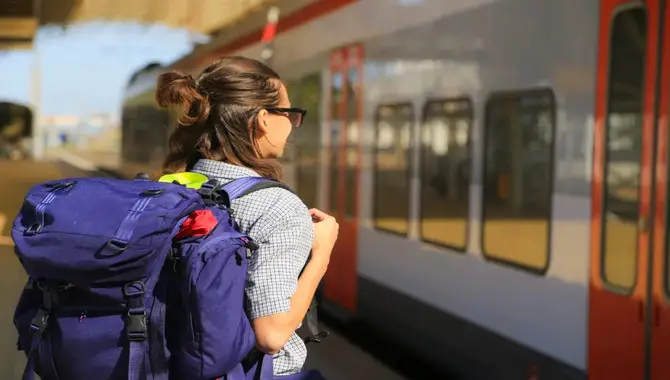
Traveling alone on public transport can be a daunting experience, as several potential risks can cause anxiety and fear. These risks include theft, judgment, and the possibility of being a victim of sexual assault, which can all contribute to feelings of discomfort and insecurity. Additionally, solo travelers may feel uneasy around overly friendly people or struggle to get a good night’s sleep for fear of theft or missing their stop.
To avoid these problems, solo travelers should plan their trips carefully and avoid traveling alone at night if possible. Making friends along the way can also help reduce anxiety and provide much-needed company. Additionally, it’s important to pack lightly and choose luggage that is easy to carry, especially for digital nomads who are constantly on the move. These precautions allow solo travelers to enjoy their trip without worrying about unnecessary risks.
3. You Have To Navigate Yourself
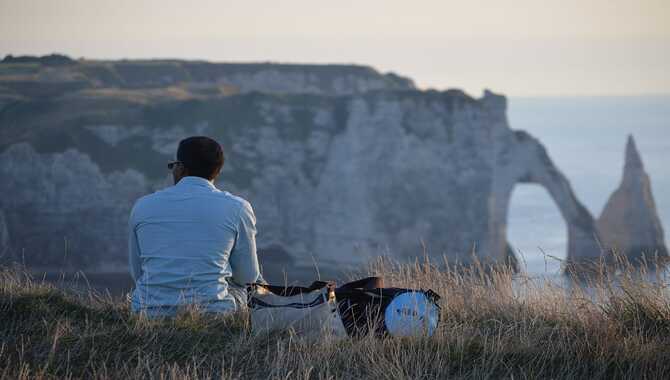
Traveling solo comes with its challenges and requires a degree of independence and decision-making skills. One problem that solo travelers face is having to navigate themselves in unfamiliar territory. However, traveling alone allows you to set your schedule and make quick decisions.
To avoid potential safety hazards, it’s important to research the safety of your destination before embarking on a solo trip. Doing so can help prevent dangerous situations and keep you safe on your travels.
4. You Don’t Have Anyone To Take Pictures Of You

Solo traveling can be an amazing experience but also have challenges. Taking photos can be particularly difficult for solo travelers, as asking strangers to take pictures for you can be difficult. This can make it hard to capture the moment and share the experience with others.
However, there are ways to avoid this problem. Social media can be a great platform to share your experiences with others. Striking up conversations with other travelers can also be a great way to share experiences and even take photos of each other. Additionally, don’t be afraid to invest in a camera tripod or selfie stick to help you take photos on your own. While traveling solo may be challenging at times, with a little creativity and resourcefulness, you can still capture your memories and share your experiences with others.
5. You Can Get Lonely

One of the most common problems faced by solo travelers is loneliness. Traveling alone can be an isolating experience, especially when you are far away from friends and family. However, several ways exist to combat loneliness and maximize your solo travel experience.
One way to avoid loneliness is to try to meet new people. Joining group tours, staying in hostels, or attending social events can be great ways to meet like-minded people. Staying in contact with friends and family back home can also help combat loneliness. Regular communication can help you feel connected and supported while traveling abroad.
Finally, it’s essential to be comfortable with your own company when traveling solo. This means developing various activities and hobbies that you can enjoy alone. Whether reading, writing, or hiking, taking time for yourself can be a rewarding and empowering experience.
6. You Have To Eat Alone

One of the main problems that solo travelers may face is eating alone. This experience can be intimidating, especially in a new country. However, there are some strategies that solo travelers can use to make eating alone more enjoyable. One strategy is to bring a book or journal to the table, which can provide a distraction and make the experience less isolating.
Another strategy is to order a meal platter or dessert, making the dining experience more special and enjoyable. Also, solo travelers must be confident and not self-conscious about dining alone. Although receiving stares or confused looks from other diners can be daunting, solo travelers should remember that dining alone is a common experience and nothing to be ashamed of.
It’s also worth noting that in some cultures, like Europe, waiters may dramatically remove the place settings for an invisible dining companion. This can be uncomfortable for solo travelers, but it’s important to remember that this is a common experience and not a reflection of one’s worth or value. Overall, with some confidence and strategy, solo travelers can easily navigate the experience of eating alone while traveling.
7. Solo Travel Is More Expensive
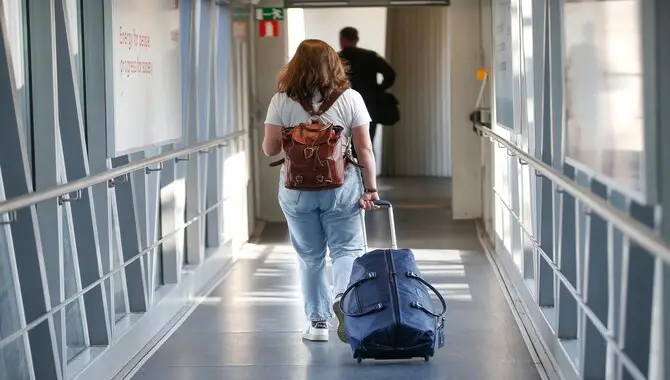
One of the biggest challenges that solo travelers face is cost. Traveling alone often means paying more for private accommodation and transportation, which can add up quickly. Hostel stays can also be more expensive, with even dorm beds in popular destinations costing as much as cheap hotel rooms.
Regarding transportation, commuting can be more expensive as there may be no public transport and you may have to rely on private cabs. Additionally, solo travel can involve additional costs such as golf tourism, religious tourism, rural tourism, cultural tourism, and cruises.
To avoid these costs, solo travelers can consider staying in hostels or opting for budget hotels. They can also research public transportation options ahead of time and consider taking group tours or joining group activities to save on costs. With some planning, it’s possible to enjoy the benefits of solo travel without breaking the bank.
Tips For Avoiding Problems When Traveling Alone
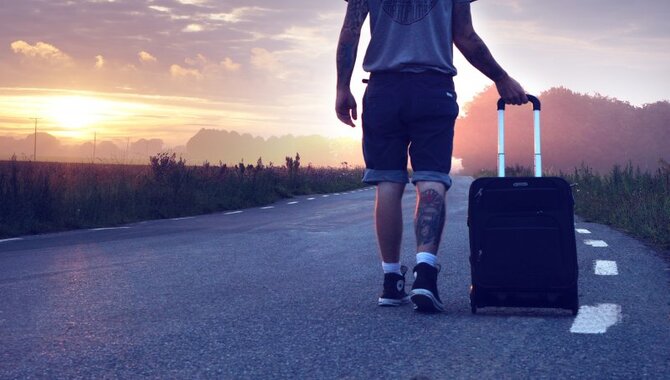
Solo travel can be incredibly empowering but comes with some challenges. Safety concerns are one of the travelers’ most significant difficulties when traveling alone. It is essential to avoid drinking too much alcohol or leaving drinks unattended, as it can make you vulnerable to theft, physical harm, or even abduction.
Another potential risk to avoid is going anywhere alone with strangers. Awareness of your surroundings is critical, whether walking, hiking alone, or driving in an unfamiliar area. If you feel uncomfortable, heading to a public place like a restaurant or joining a group of people can help you feel safer.
If asked about traveling alone, you can inform others that you are meeting a friend or family member to avoid unwanted attention. Being proactive, prepared, and cautious can avoid problems and ensure a safe and enjoyable solo travel experience.
How Do Deal With The Problems Solo Travelers Face

Traveling alone can be a life-changing experience, but it can also be overwhelming and stressful. Solo travel can lead to feeling lonely, disconnected from locals, and isolated. However, there are several ways to avoid such problems. Planning, staying positive, and remaining flexible throughout the trip are crucial.
Additionally, always have a backup plan in case of an unexpected event, such as illness or missed flights. Staying abreast of local safety precautions and emergency procedures is also essential. Being aware of your surroundings and the risks that go hand-in-hand with visiting new places can help to ensure your safety.
Having access to emergency contact numbers and staying in touch with your friends and family will give you peace of mind. In conclusion, although solo travel can present some significant challenges, its benefits far outweigh the risks – as long as you stay alert, flexible, and positive.
Conclusion
Traveling solo can be one of the most rewarding and self-satisfying experiences, but it can also lead to various problems. Whether navigating through unfamiliar territories, facing unfriendly locals, or being downright lonely, solo travelers have to tackle many issues.
Fortunately, with the right preparation and mindset, solo travel can be a fantastic experience that provides unparalleled freedom and growth opportunities. Our blog has compiled a list of tips and tricks to avoid the most common issues solo travelers face. Enough planning lets you tackle any trouble and enjoy your trip fully.
Frequently Asked Questions
Do Solo Travelers Feel Lonely?
It depends on the individual. While some solo travelers may experience feelings of loneliness, others may enjoy the freedom and independence of traveling alone. It’s important to stay connected with family and friends and engage in social activities while traveling alone, to avoid feeling isolated or lonely.
What Are The Pros And Cons Of Solo Travelling?
The pros of solo traveling include the freedom to choose your itinerary, meet new people, and gain independence and self-confidence. The cons may include feeling lonely, navigating unfamiliar places alone, and the potential risks of solo travel.
Why Not Find Another Solo Traveler To Buddy Up With Or Find Out If Any Group Tours Are Available?
Finding another solo traveler to buddy up with or joining a group tour can be a great way to make new friends and enhance your travel experience. It can provide you with companionship and support and may also help you discover new destinations and activities you may not have found on your own.
Would You Like A Tailored Report For A Specific Solo Female Traveler Segment?
I can provide a tailored report for a specific solo female traveler segment. Please provide more details on the specific segment and their travel preferences.
What Competition Do You Face In The European Market For Solo Tourism Products?
In the European market, several companies provide solo travel packages. These companies offer various products, from accommodation to activities and transportation, that travelers can customize. One of the main competitors in the European market is Airbnb, which has a large network of properties available for travel.

